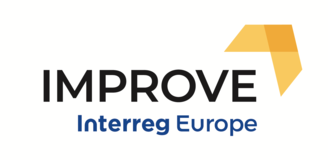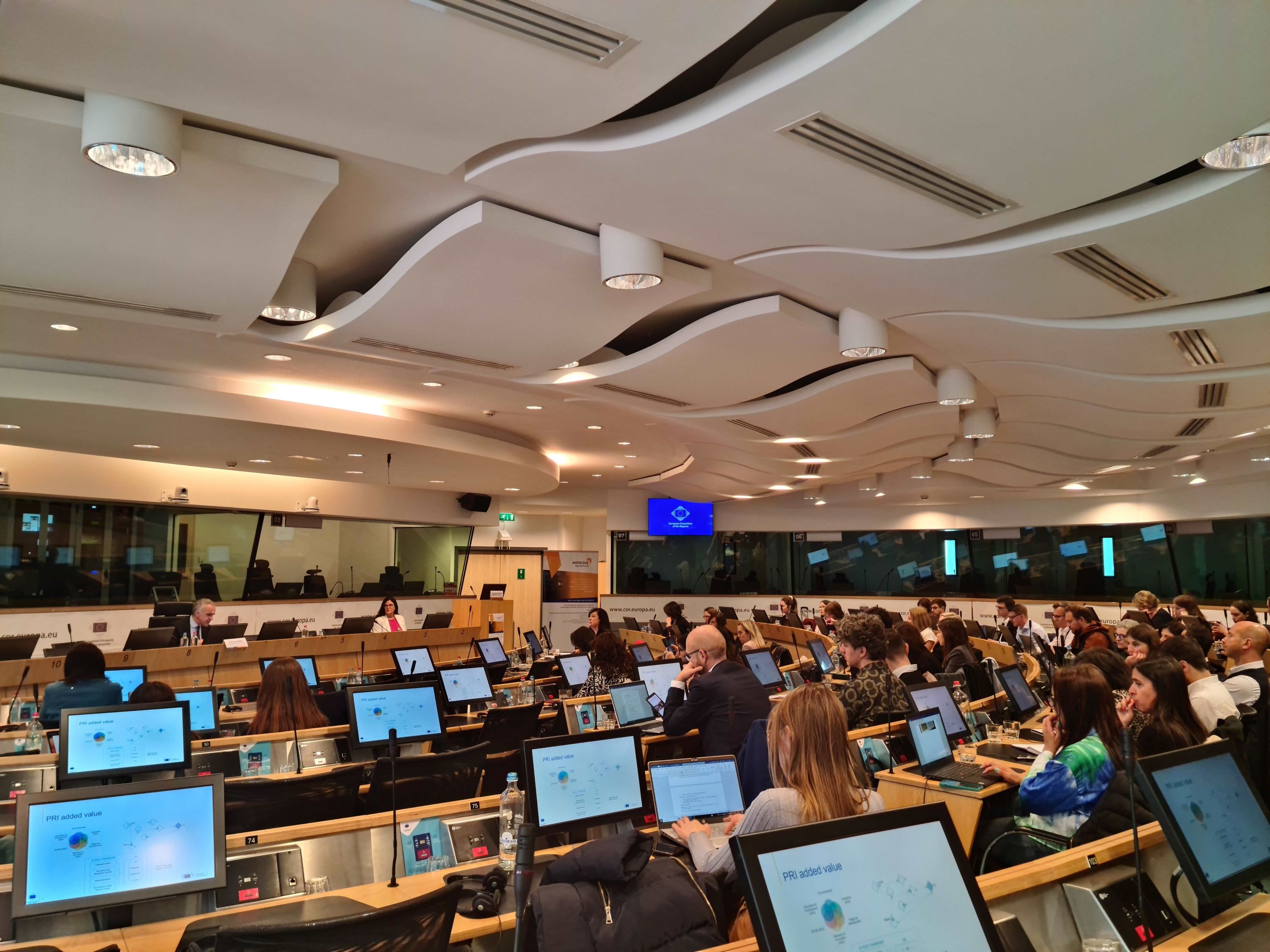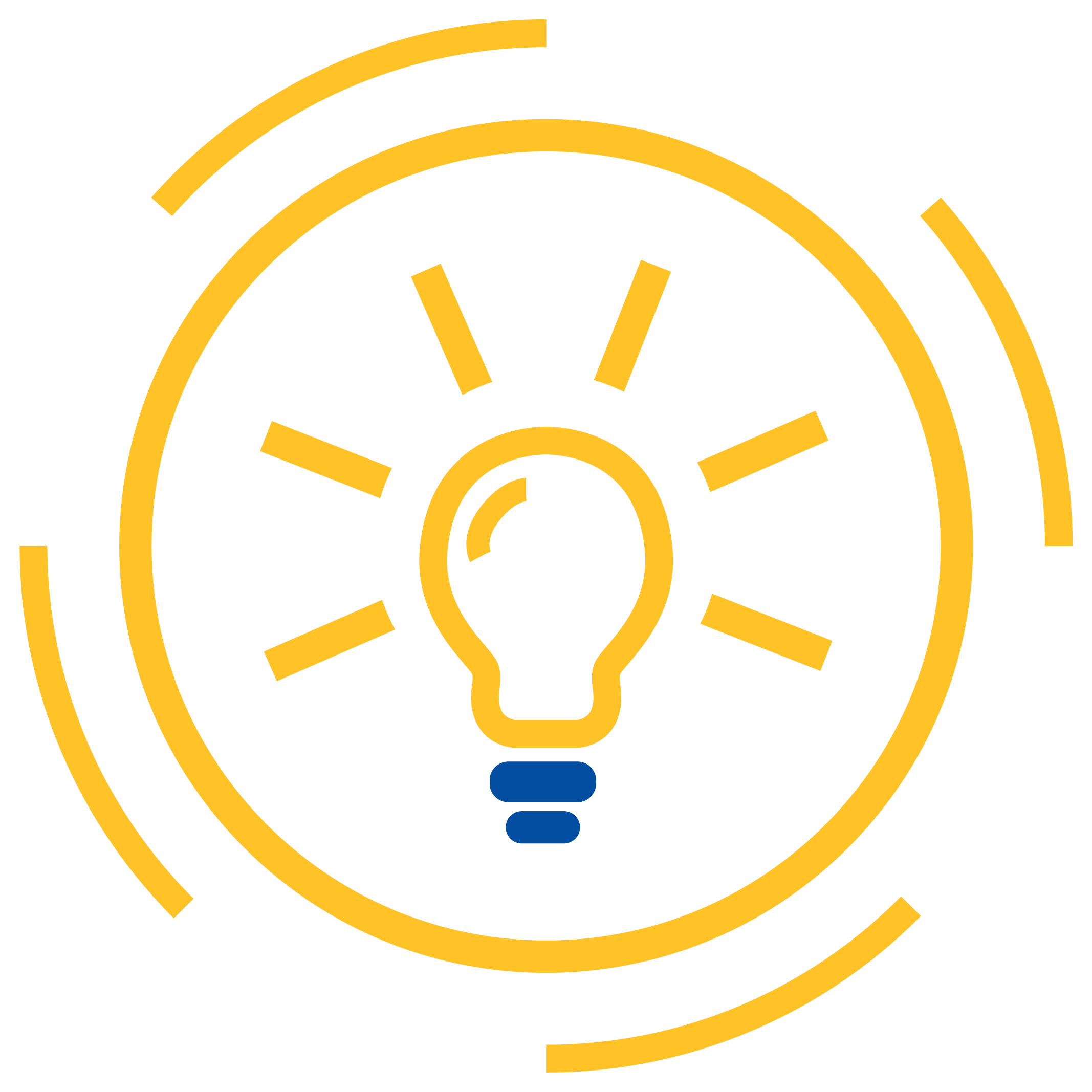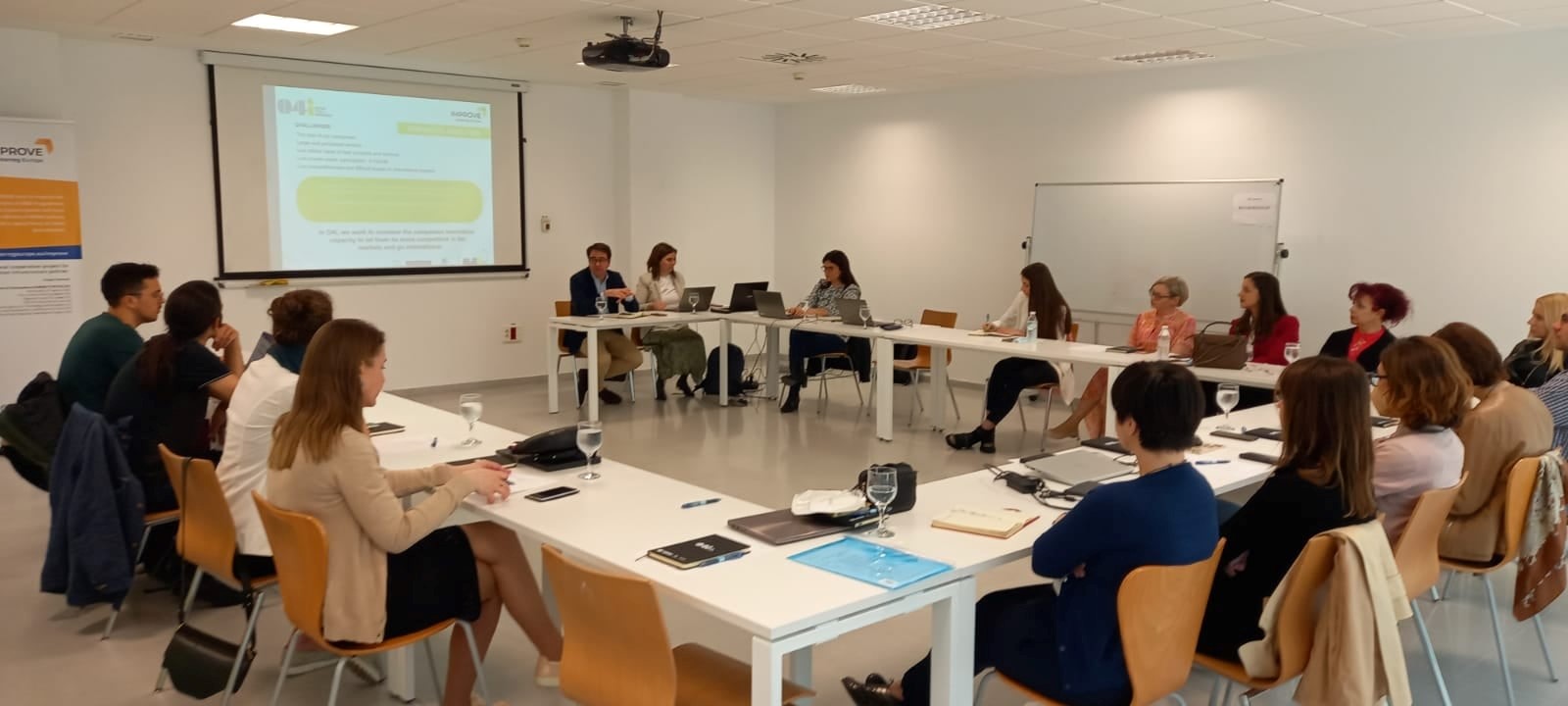Monitoring, evaluation and policies for research, development and technological innovation are the three keypoints of the workshop organized by ARTI for the Improve project.
Monitoring for learning from past experiences and improving, by creating synergies among measures for research and innovation in regional policies. It is the main message shared by the partners of the Improve project, during the two-day event held on 26 and 27 October (interregional thematic workshop and peer review session) hosted by ARTI - Regional Agency for Technology and Innovation to present to the partnership some innovation support policies implemented by the Puglia Region and the Agency.
The aim of the initiative, organized within the European cooperation project, which has as partners development agencies and regions of France, Spain, Bulgaria, Romania, Estonia, Finland, Portugal and Italy, was to illustrate the socio-economic context of Puglia, with the actions taken to improve innovation and support research and technological development.
The objective was to acquire, on one hand, suggestions for improving the implementation of regional research, technological development and innovation policies financed by the structural funds and, on the other hand, to propose these policies as good practices to be shared to other European regions.
During the interregional thematic workshop, Fernando Merida-Martin of the Joint Research Center - European Commission particularly focused on the importance of skills to ensure effective monitoring and evaluation, Federica Bertamino of the Ministry of Economy and Finance highlighted the importance of coordination implemented at national level among the Regions to monitor the implementation of regional specialization strategies and to obtain comparable information. Finally, Alejandra Boni illustrated the actions carried out in the Transformative Innovation Policy Consortium, an emerging model for understanding and implementing innovation policies, which aims to mobilize innovations to address the major social and environmental challenges outlined in the Sustainable Development Goals.
During the peer review of 26 and 27 October, Gianna Elisa Berlingerio, Puglia Region Economic Development Department director and Crescenzo Antonio Marino, Puglia Region Research, Innovation and Institutional Capacity Section director introduced the different sessions of the initiative, with an overview of the regional innovation ecosystem and the actions carried out to support it in the 2014-2021 programming period.
A particular interest was aroused among the participants in the monitoring system of the Smart Specialization Strategy in Puglia, presented by Jennifer Grisorio, Improve project manager for ARTI, a series of questionnaires proposed through a web interface to the beneficiaries of the measures. during the request for participation and at the end of the same, to evaluate the impacts of the policies.
Also the role of monitoring and stakeholder involvement in the new smart specialization strategy for the next Community programming (2021 - 2027) of the Structural Funds was considered particularly interesting for the participants.
In close connection with the theme of monitoring, the tools that the Agency is realizing to act as a Knowledge hub, including the Apulia Innovation Overview (AIO) and the Apulia Research Gate (ARG), were presented. Specific focuses were dedicated to the presentation of Tecnonidi, a measure of Puglia Region (through the in-house company PugliaSviluppo) to support startups and innovative Smes, and to the Talents Mining intervention of Puglia Region and ARTI financing entrepreneurial support tailored paths, a capacity-builging activity in the sectors identified as a priorities for territorial development.
The synergies among European cooperation projects and regional policies developed in the blue economy in Puglia and the role of the clusters system were also illustrated, with the presentation of the Technological Custer of Mechatronics and Digital Innovation Hub of Puglia.
Each session contained also slots of questions and answers and discussions with the participants on the common challenges and improvement elements in the implementation of research and development policies for the next programming period.












